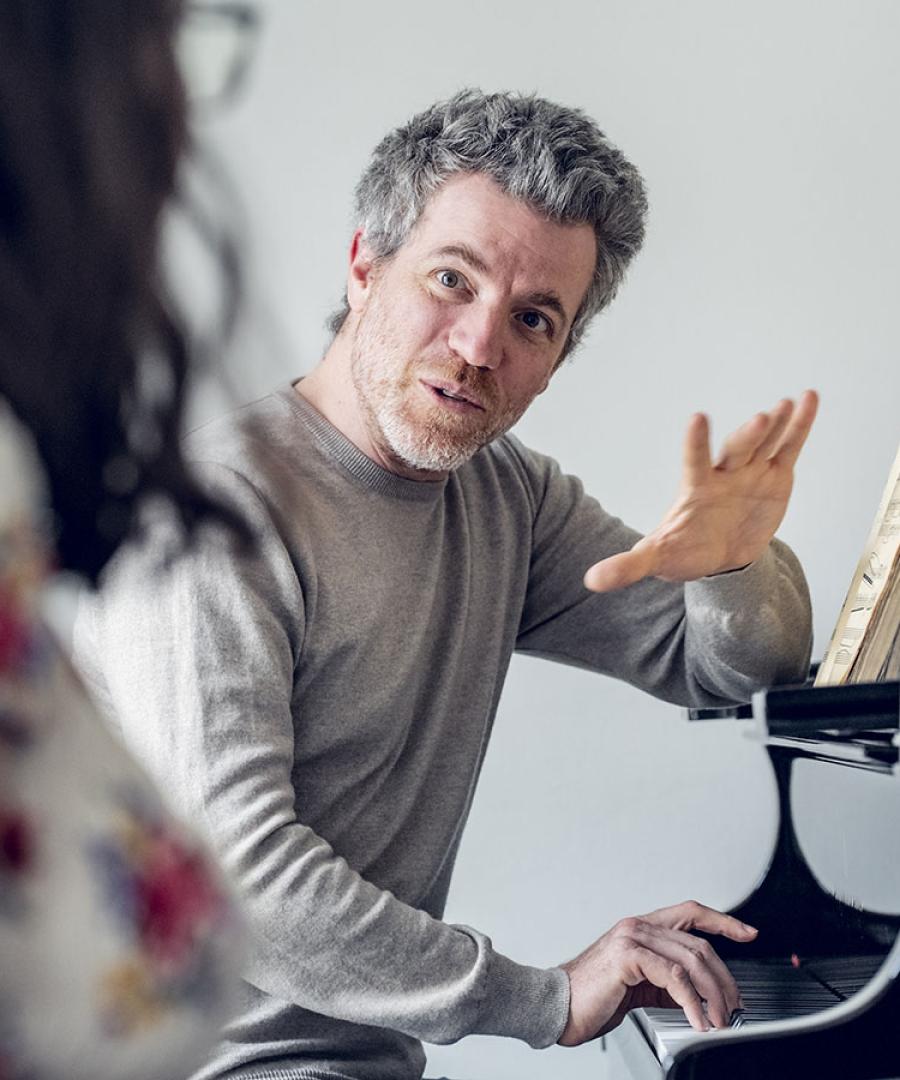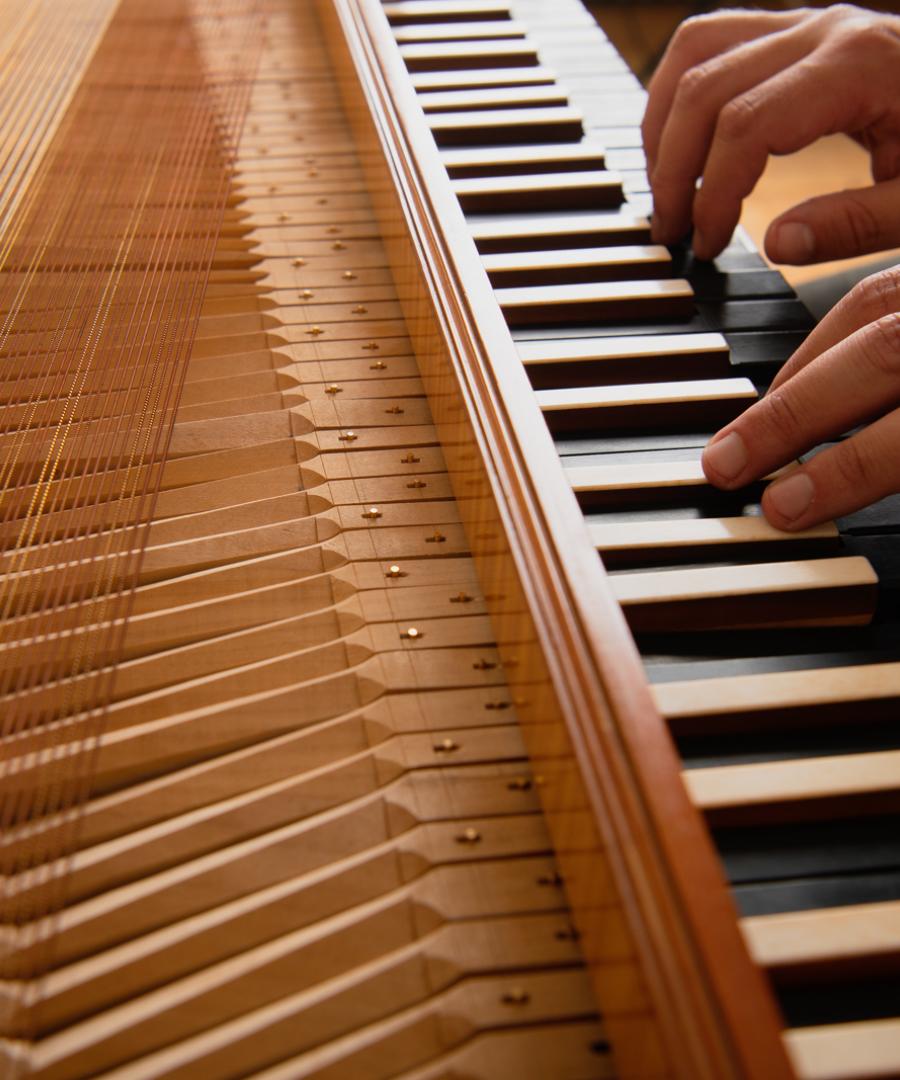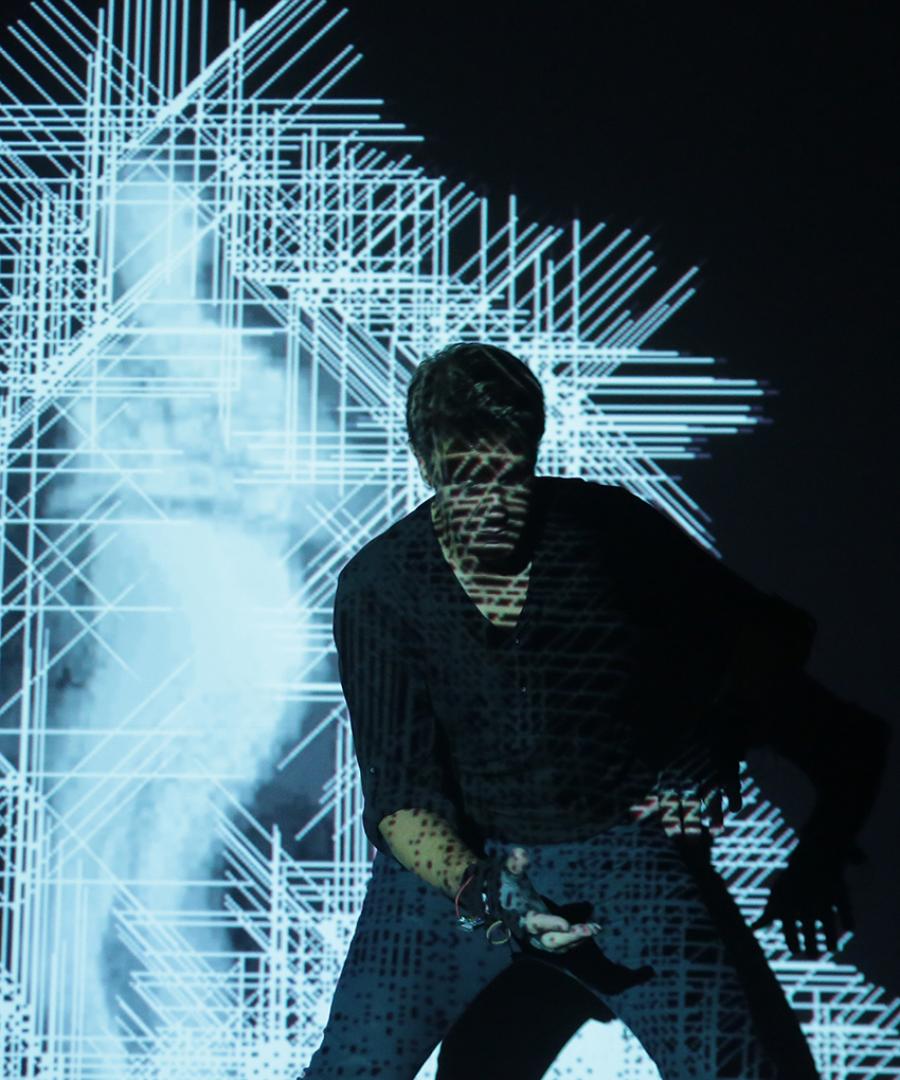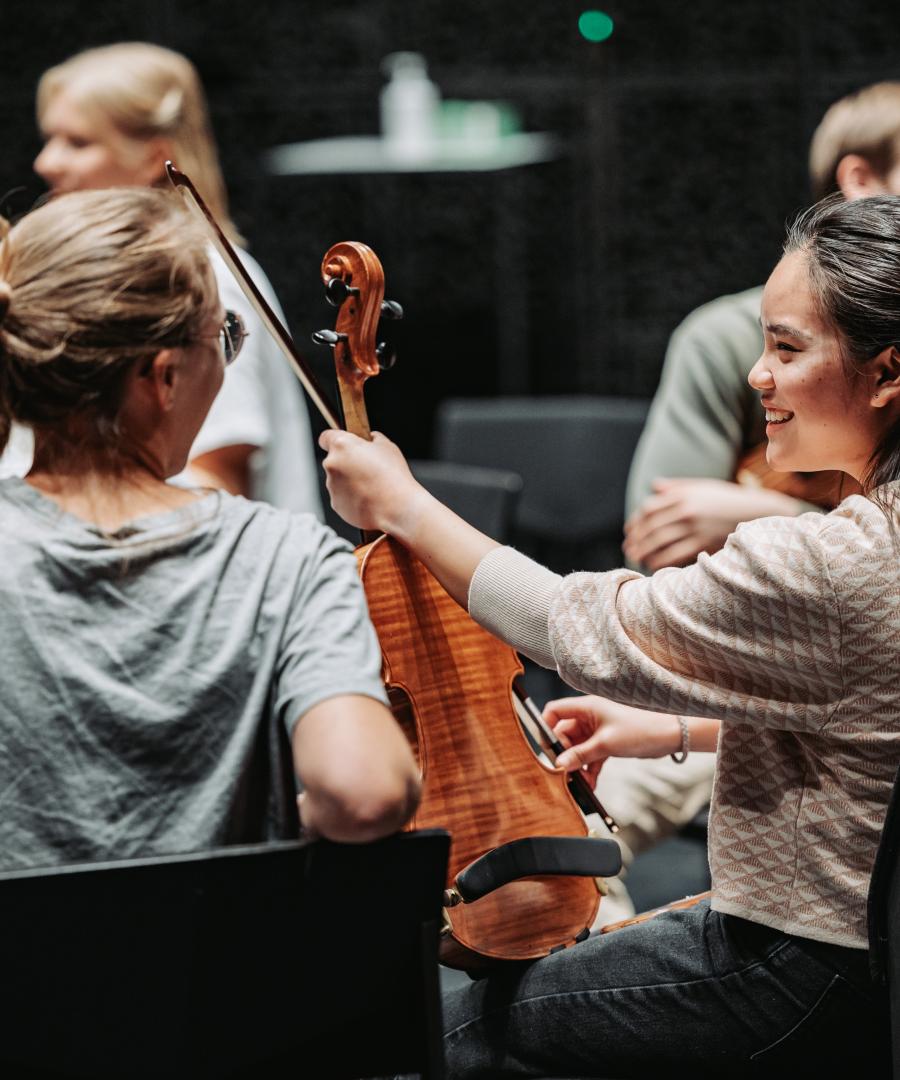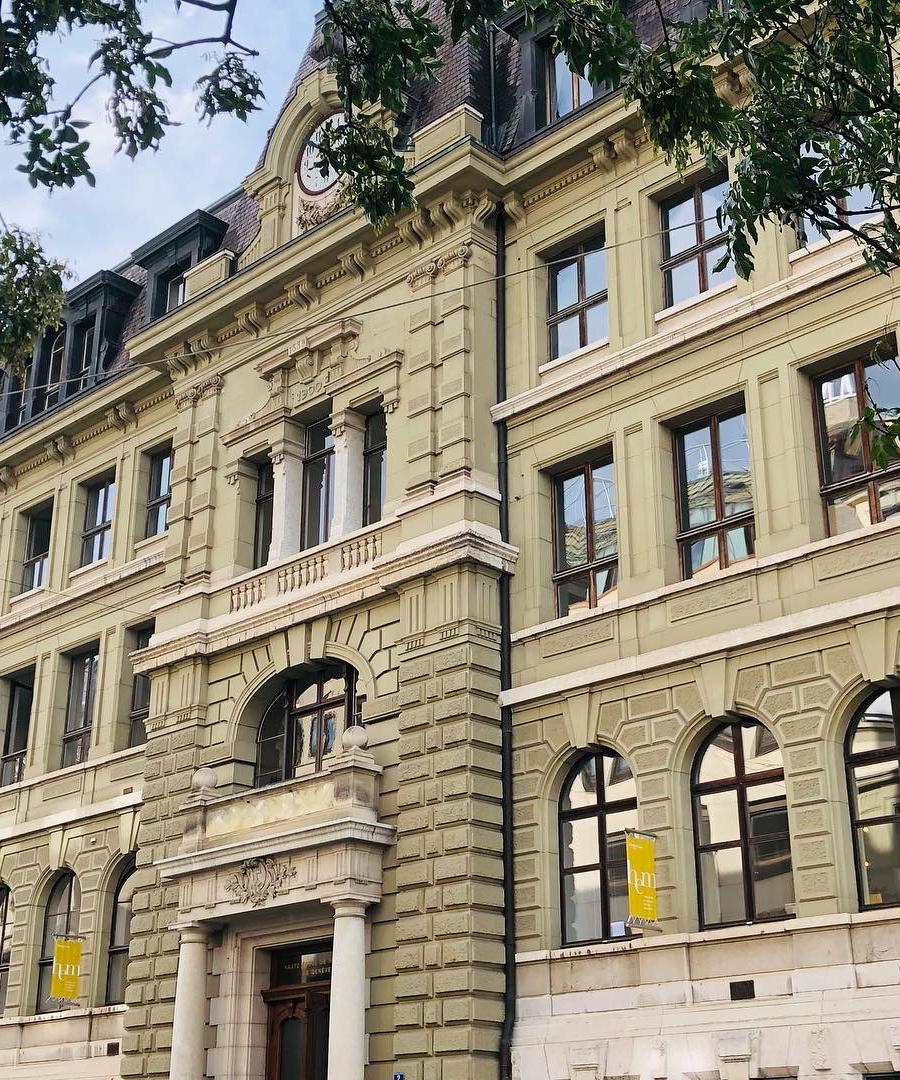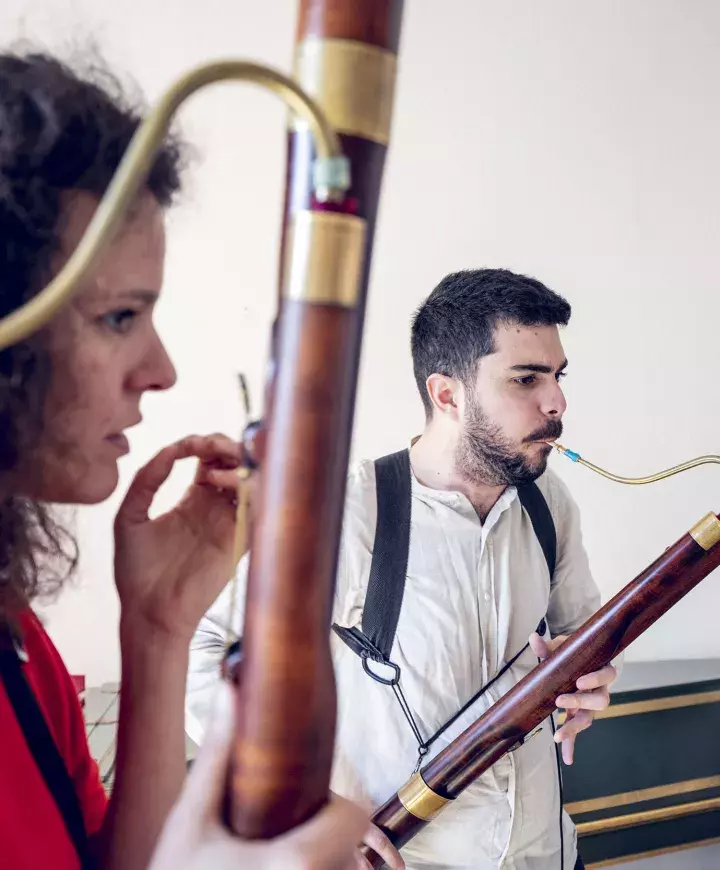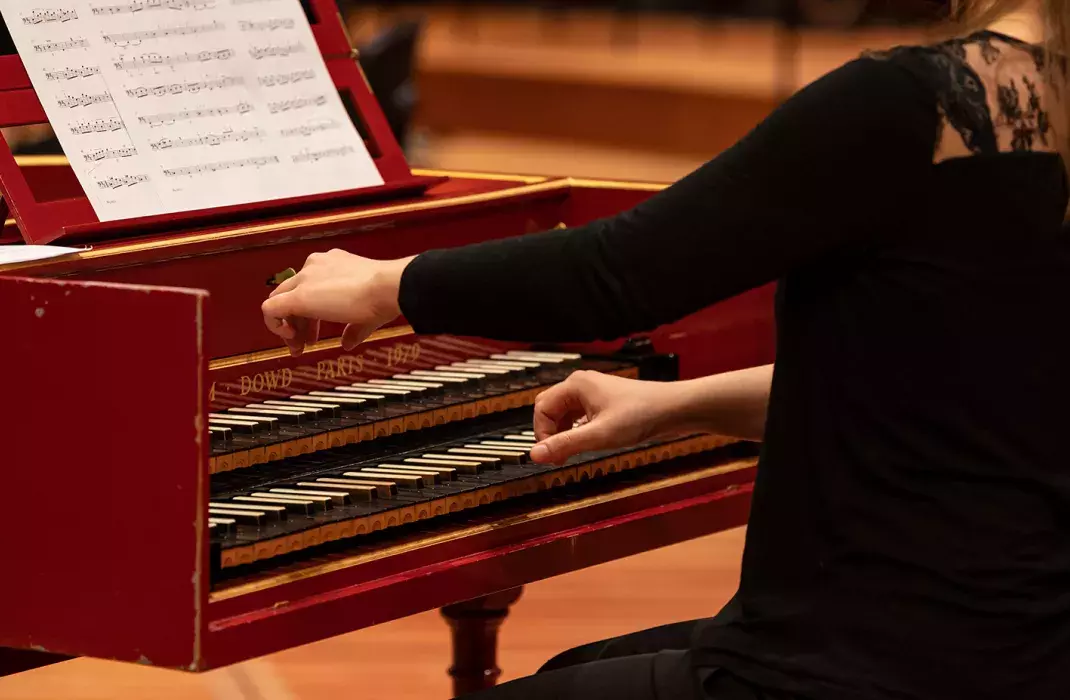- Studies
- Disciplines
- Research
- Events
- The school
Historical instruments
The BA with historical instruments as its main subject is dispensed by the Early Music department, renowned at international level for the excellence of its teaching.
The programme for this BA is entirely designed to achieve advanced mastery of the practice of historical instruments. Thus, the theory classes are designed specifically for this training, so as to enable the students to acquire vast knowledge of excerpts from the past and great sensibility to historical production practices. Moreover, the apprenticeship in the art of adding ornament and improvising, or indeed creating a basso continuo, is an important part of this curriculum.
In order that the student can attend several Master’s courses and have before them as many professional openings as possible, this course explores, through interpretation on historical instruments, an extremely large repertoire ranging from the Middle Ages to the music written in the 19th century.
Contact with these numerous languages, styles and aesthetics occurs as much through individual practice (not least in individual classes lasting 80 minutes) as collective practice (chamber music or larger ensembles).
At the end of the three-year course, the student will be able to draw up the programme for a public recital of 45-50 minutes and to justify their interpretative and technical choices in the context of their BA work.
To support them as they take on more autonomy, the HEM offers them introductory classes on research, preparation for music careers and physical and mental preparation with the aim of achieving better management of personal work and the relationship with the stage.
Study plan
Abbreviations :
e = marked exam
p = validation by participation
rs = internship report
ce = co-assessment
cc = continuous assessment
SA = autumn semester
SP = spring semester
A1, A2, etc. = level of the course (first, second year, etc.)
S1, S2, etc. = level of the course (first, second semester, etc.)
